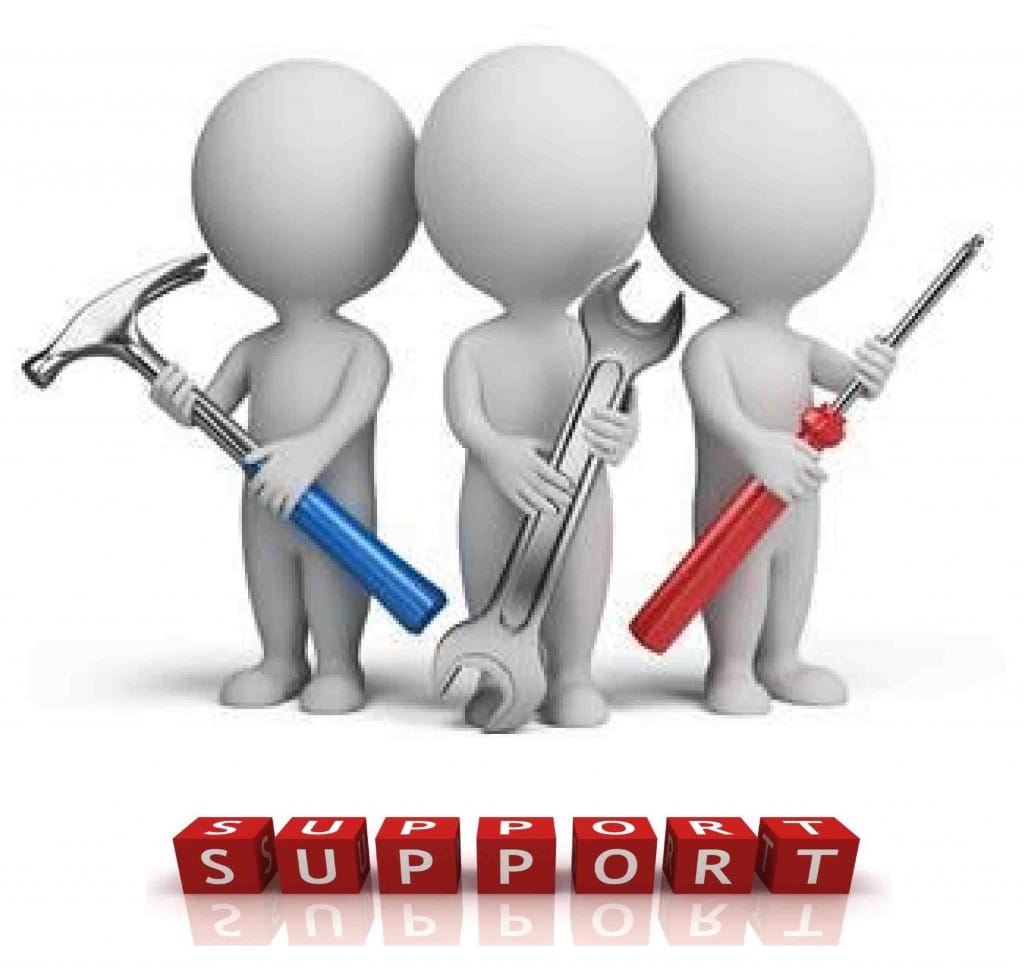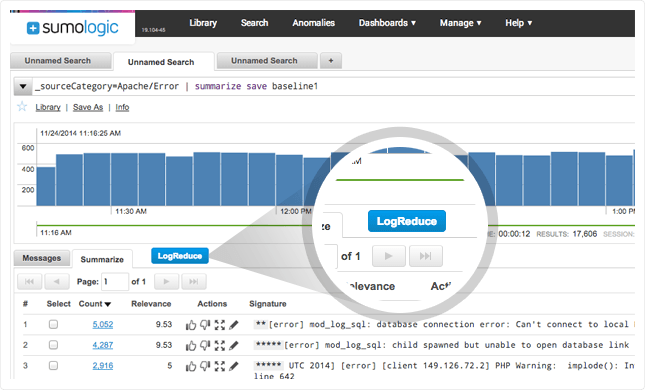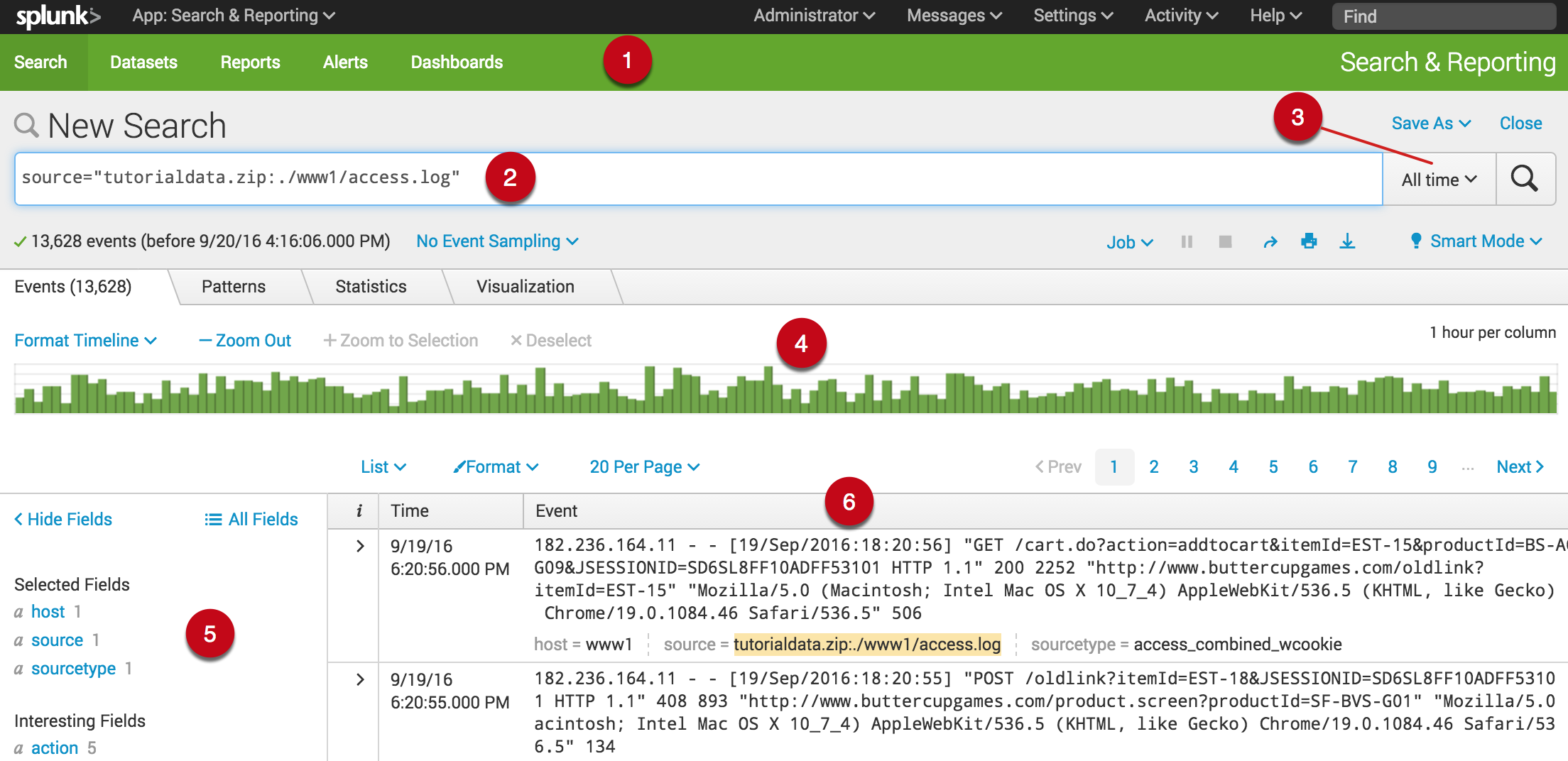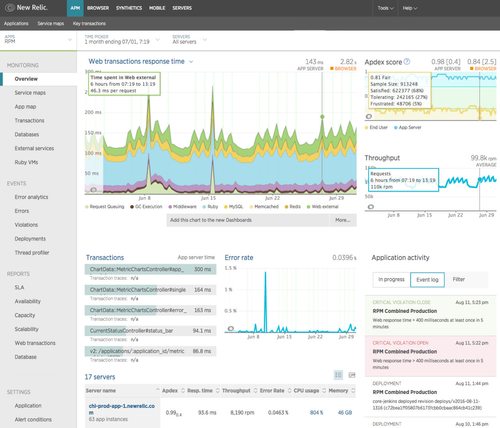Platform support overview
Platform Support entails maintaining, supporting and enhancing the underlying platform software, infrastructure and ecosystem of applications. It is only applicable when enterprise customers choose to have their own version of the Maestrano infrastructure running on premise or on a PaaS of their choice.
In this article, you will find a description of Maestrano Support Processes and Offer.
1 - Support levels and escalations
To contact our support: Enterprise Support Desk
Platform support or technical support gives enterprise customers a direct access to a level 2 support team or technical support team.
| Support Level | Team Name | Definition | Comment |
|---|---|---|---|
| L2 | Maestrano Technical Support Team | Level 2 support is called upon to answer in depth questions requiring technical knowledge (APIs and frameworks behaviours), technical investigation and/or basic intervention (e.g.: data integration questions). Issues that cannot be resolved at Support Level 1 - or Business support - are escalated to Support Level 2 resources. | Directly accessible by enterprise customers subscribing to platform support |
| L3 | Maestrano Solution Engineer Team | Issues that cannot be resolved at Support Level 2 are escalated to Support Level 3 resources (i.e. Solution Engineering team) Level 3 support is called upon to resolve technical issues that require complex platform, application or integration changes. Issues that requires a change in the platform’s software (material changes will need to be approved before deployment) usually fall in this category. The issue may need involvement of a third party application provider. | Accessible by L2 only |
2 - Incident Management
If an incident happens on an enterprise platforms, for a component that Maestrano Support Team completely or partially manages, Maestrano Support Team enters into an incident mode, where we engage to investigate our customer's issue, helping resolve or resolve it ourselves. We provide enterprise customers with regular updates of the investigation on the root cause and the resolution status. Our enterprise customers can also be notified in the event that our team detects the incident before it occurs at their end, allowing them to join an incident mode.
Maestrano offers you:
- notifications in case of incidents detected by our team and regular updates on resolution
- a service to report incidents (Enterprise Support Desk)
- response time depending on the SLAs defined by the offer
Severity definitions and SLAs
When an incident is raised by Maestrano or an enterprise customer, response time and updates are defined based on the incident's severity defined as followed:
Severity 1 | Complete outage of a component or sub-component of the platform impacting multiple end users (e.g.: Platform down). Widely spread corruption of data across multiple end users (e.g.: Connec!™ logic corrupting financial data in user's applications). Security vulnerability with extreme risk - very high impact and occurrence probability - (e.g.: potentially be exploited by a remote attacker to get system to execute arbitrary code). |
Severity 2 | Partial outage impacting performances across multiple end users (e.g.: Connec! jobs not running). Isolated outage with business impact for a single customer (e.g.: One hosted application down). High level security risk which could result in the compromise of data or availability of the system (e.g. access to files that should be otherwise prevented by limits or authentication). |
Severity 3 | Partial corruption of data for a single customer (e.g. Contacts duplication in an application for one customer). Isolated performance impact for isolated customers (e.g.: Slow Impac!™ reporting for isolated customers). Business critical new feature or bug blocking progress (e.g. Widget displaying incorrect data). Medium level security risk with significant mitigation to make the issue less of an impact (e.g. the attacker must be authenticated to exploit the issue). |
Severity 4 | New feature not critical. Minor problem or easily worked around (e.g. Report's calculation rework). Security issue extremely hard to exploit or with a very low impact. |
Severity 5 | Trivial problem or improvement with little or no impact on progress (e.g. Design issue). Good practice in terms of security issue with no direct risk. |
3 - Change and release management
- notifications when new product's versions are available
- a service to ask for products upgrades (JIRA Service Desk: Enterprise Support Desk)
- a service to raise detected bugs and features improvements / new features suggestions (Enterprise Support Desk)
To know more about our change and release process, see: Change and release process
4 - Infrastructure Monitoring
Depending on the offer adopted, Maestrano can set up monitoring tools for enterprise customers so that they can monitor their platform themselves; Maestrano Support Team can also be responsible of platform monitoring and use either internal tools or those Maestrano recommands:
- For log monitoring, Splunk (http://docs.splunk.com/Documentation/Splunk/6.5.1/SearchTutorial/Aboutthesearchapp) or Sumologic (https://www.sumologic.com/how-it-works/ or https://www.sumologic.com/use-cases/it-operations/):
- Real time operations monitoring
- Investigation and troubleshooting
- Alerts
- For applications and servers management: New Relic (https://docs.newrelic.com/docs/data-analysis/user-interface-functions/view-your-data/standard-page-functions):
- Applications error rates, APDEX scores, transactions time, availability
- Servers CPU levels, memory, etc
- Alerts
To know more about New Relic, see: Support a Maestrano Platform with New Relic
5 - Developers Support
- Development tools: a developer platform, developer environments, open source components on Github, public APIs
- Service to ask for development help or raise issues on open source components or public APIs
To know more about Developer Support, see: Maestrano Developers



